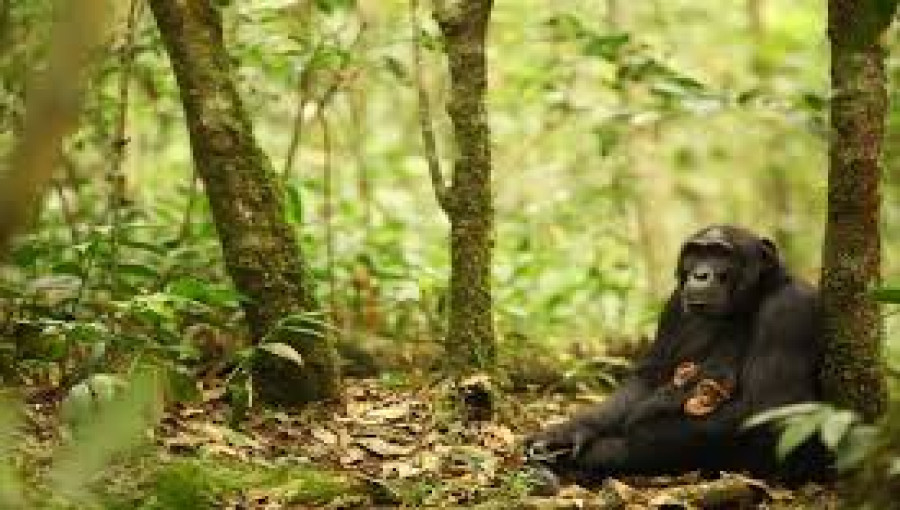London, Jan 14, (V7N) - New research has revealed that wild chimpanzees have developed genetic adaptations specific to their environments, particularly to pathogens like malaria. A study led by University College London evolutionary geneticist Aida Andrés analyzed genetic data from 388 chimpanzees across 18 African countries, uncovering adaptations shaped by local conditions.
Chimpanzees living in dense forests, where pathogens are more prevalent, showed genetic changes in two genes associated with malaria resistance—similar to human adaptations. This suggests possible parallel evolution between humans and chimpanzees in response to malaria, although further research is needed to confirm if these genetic changes provide actual resistance in the wild.
In contrast, chimpanzees in woodland and savannah habitats did not show the same genetic adaptations, likely due to lower malaria exposure in these regions. This highlights how different environments influence the evolution of disease resistance.
The study emphasizes the importance of preserving chimpanzee genetic diversity for conservation, as habitat loss and climate change could impact populations differently. Protecting this diversity ensures chimpanzees can better adapt to future environmental changes.
END/VD/RH/































Comment: